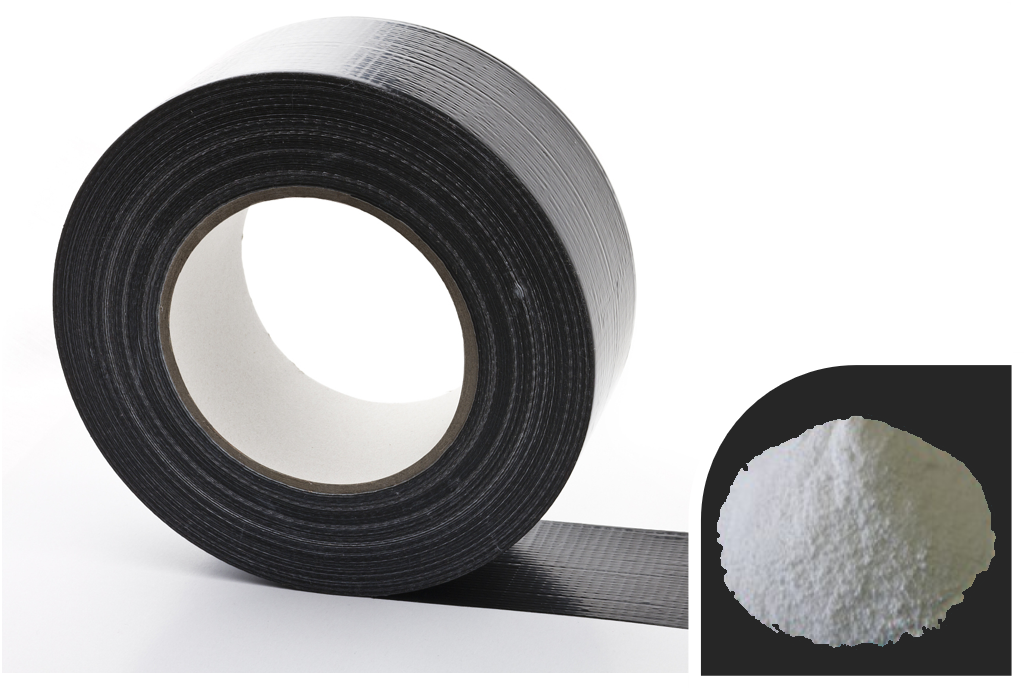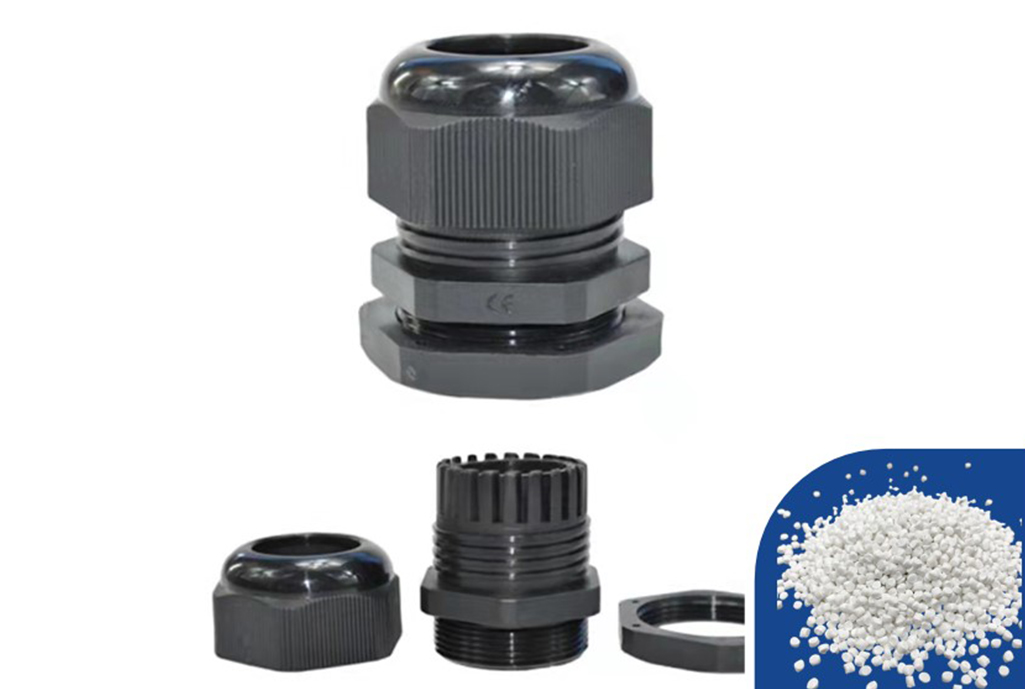Understanding Ammonium Polyphosphate (APP): A Versatile Flame Retardant Solution
2025-06-04
Ammonium polyphosphate (APP) is a widely used flame retardant that plays a critical role in enhancing fire safety across various industries. This inorganic salt, composed of ammonia and polyphosphoric acid, is valued for its excellent thermal stability and low toxicity. APP is commonly found in coatings, plastics, textiles, and construction materials where fire resistance is a priority.
Ammonium polyphosphate is a white, odorless powder that is highly soluble in water. It belongs to a class of phosphorus-based flame retardants and is known for its ability to form a protective char layer when exposed to heat. This layer acts as a barrier, preventing the spread of flames and reducing smoke emission. Due to these properties, the APP flame retardant is frequently used in both intumescent and non-intumescent systems.
Applications of APP Flame Retardant
The primary application of APP is in fire-retardant formulations. One of its major uses is in intumescent coatings, where it expands to form an insulating foam layer upon exposure to fire. This feature makes ammonium polyphosphate ideal for protecting steel structures, electrical cables, and wooden surfaces.
In the plastics industry, ammonium polyphosphate is used in polymers such as polypropylene (PP), polyethylene (PE), polyurethane (PU), and epoxy resins. It improves fire resistance without significantly compromising mechanical properties. APP is also integrated into textiles to produce flame-retardant fabrics for uniforms, curtains, and upholstery.

Another important application is in construction materials, where APP enhances the fire safety of insulation boards, sealants, and adhesives. It’s also utilized in thermoplastic and thermosetting materials to meet stringent fire safety regulations.
Benefits of Using Ammonium Polyphosphate
There are several advantages to using APP over traditional flame retardants:
High Efficiency: APP offers superior flame-retardant performance at relatively low loading levels.
Low Smoke Generation: Unlike halogenated compounds, ammonium phosphate compounds produce minimal toxic smoke.
Environmental Safety: Being halogen-free, APP is environmentally friendly and meets modern safety standards.
Thermal Stability: APP exhibits excellent stability at high temperatures, making it suitable for demanding applications.
These benefits make polyphosphate flame retardants a top choice in applications where fire resistance and sustainability are critical.
Types of APP
There are two main types of APP based on polymerization degree: Phase I and Phase II. Phase I has a lower degree of polymerization and is more soluble, making it suitable for water-based systems. Phase II has a higher polymerization level, offering better thermal stability and water resistance. Phase II is commonly used in industrial coatings and plastic compounds.




















